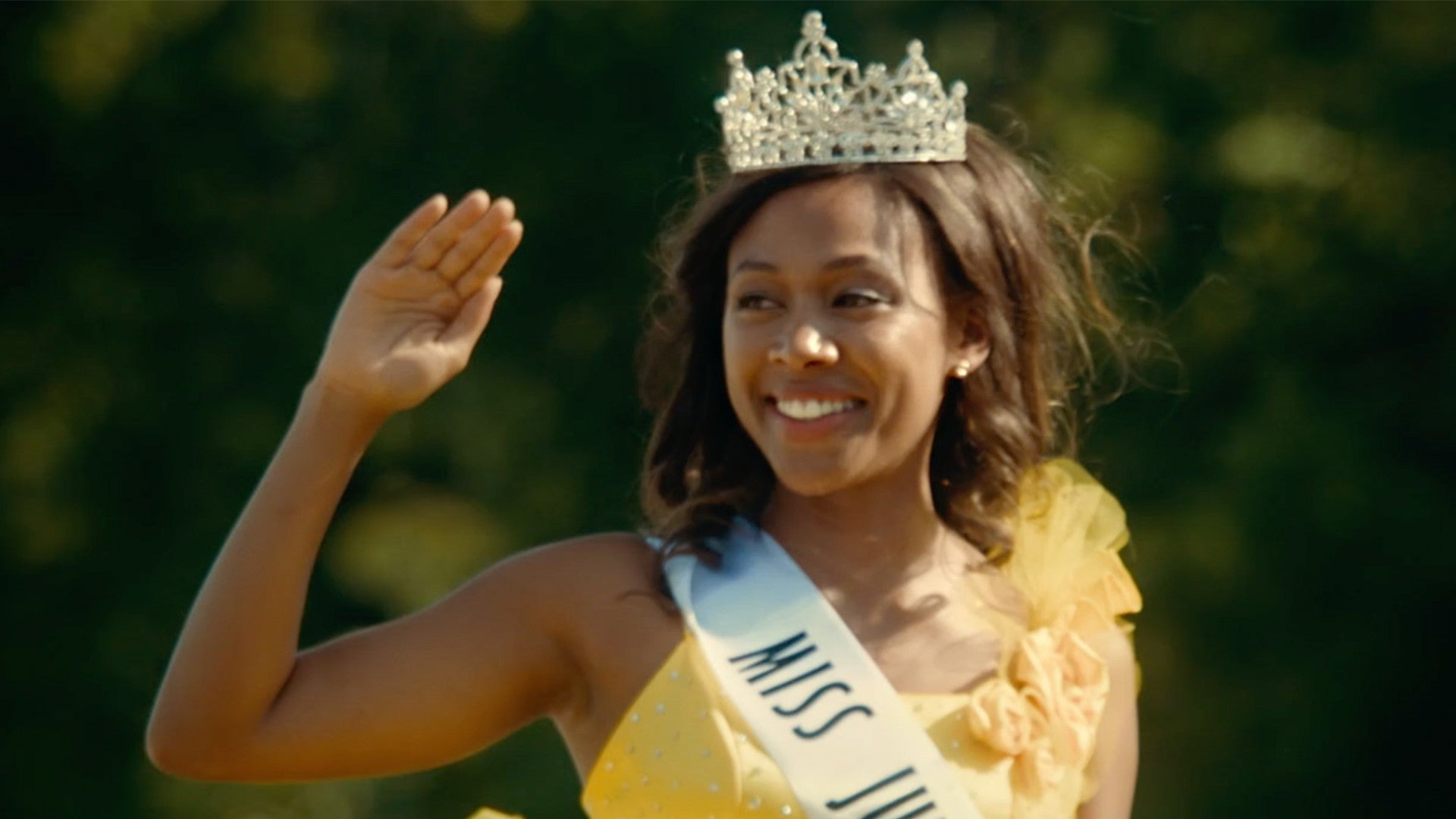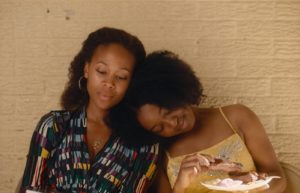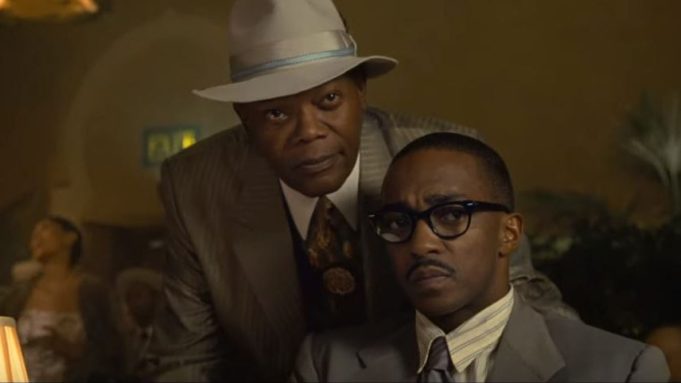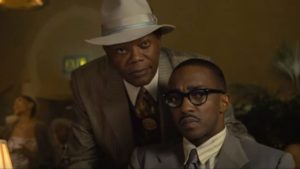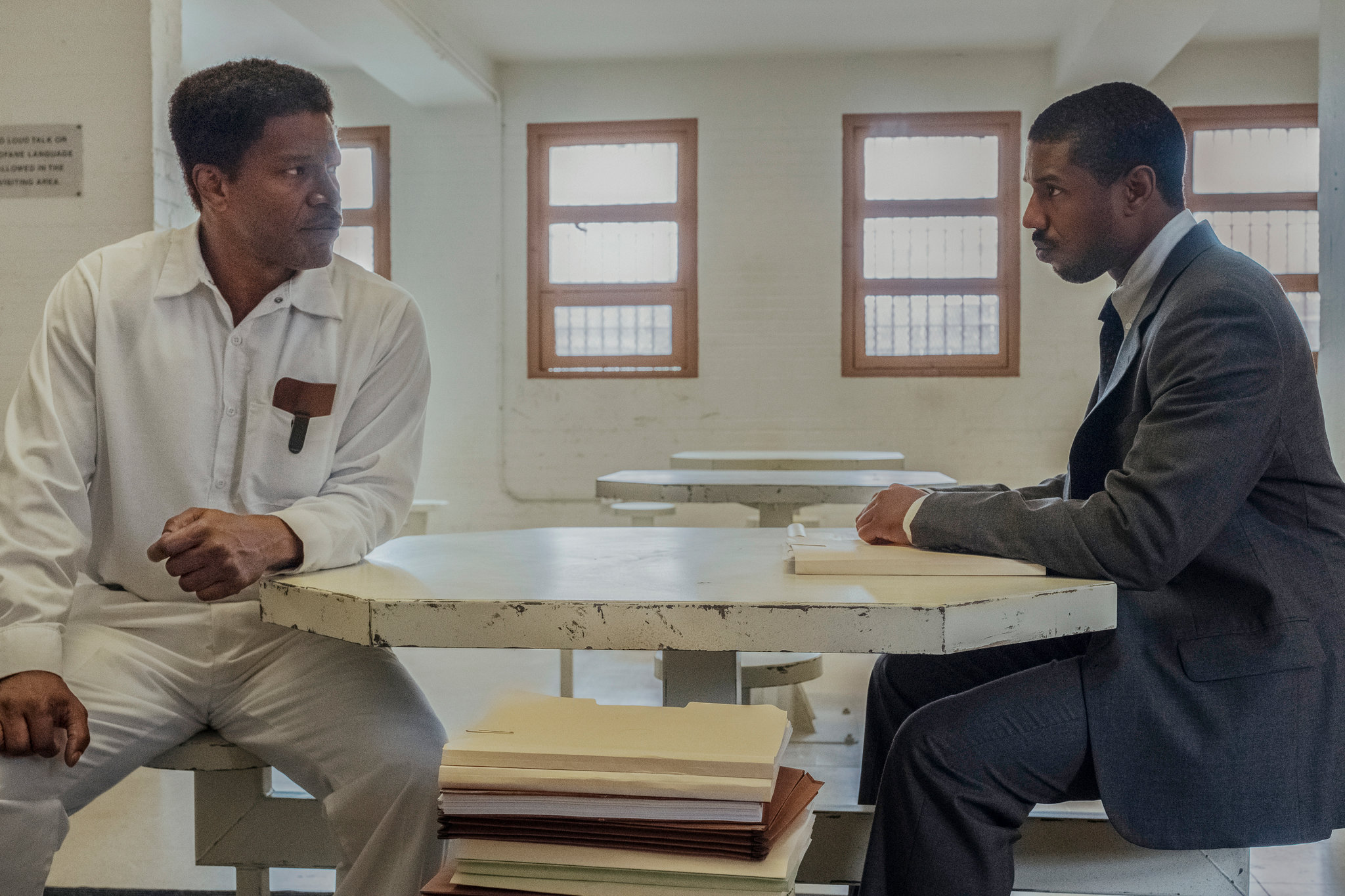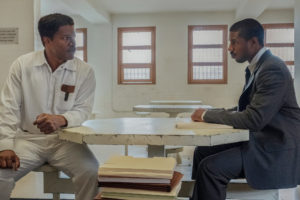Mark Harris on What He Learned from Re-Watching Old Cop Shows
Posted on September 8, 2020 at 12:01 pm
One of my favorite cultural critics, Mark Harris, has an uncharacteristically personal take on the cop shows he watched, some as a way to connect to his father, when he was growing up, from “Adam-12” to “The Mod Squad” to “Kojak.” He talks about his own experience and perspective as well as what, looking at them now, he sees about the way law enforcement has been portrayed in the media and how it has shaped our ideas. It’s one of the most illuminating pieces of cultural criticism of the year.
And then, at night, the TV would go on and I would be transfixed by the cops I saw there, the men who seized a piece of my consciousness when it was at its most impressionable, captured my imagination, and made me believe in their effectiveness….I needed a better connection to my father than I had, and the one I found was Adam-12, a series that was, in a way, designed with almost insidious perfection as My First Police Show — a smooth transition from kids’ TV into the grown-up world. For one thing, it was only 30 minutes; for another, that half-hour was usually divided among two or three bite-size, easy-to-follow, often amazingly uneventful stories of two white cops on the beat in Los Angeles (a city as exotic as Mars to a child who had never been west of New Jersey)….
In an era when all TV shows have age-suitability ratings and content guides, the vigor with which adult cop shows of the 1970s were marketed to children seems shocking. But in fact, immense energy was invested in embedding those series in the collective consciousness of children. Dell published 15-cent Mod Squad comic books, and Topps sold Mod Squad chewing gum. You could get a wheel of Hawaii Five-0 Viewmaster slides and click through color pictures of unsmiling, black-suited Steve McGarrett arresting Honolulu’s miscreants, or buy Milton Bradley board games based on Columbo, Starsky & Hutch, or Kojak (“Be a part of thrilling police action on the city streets”), which allowed young players to use informants to track down a suspect hiding in a building. I coveted the Adam-12 lunchbox, which had an illustration of Malloy and Reed helping a little boy on one side and on the other the two of them crouching with their pistols drawn, ready to fire on an unseen suspect. The images were two halves of the same coin.
The Mod Squad was largely goodhearted, but in a way that made clear that the parameters of what constitutes a good heart were defined entirely by its white writers and producers. If the show were on now, it would be in sympathy with the Black Lives Matter protests, but it would single out those who lit fires and threw bricks as people who don’t truly believe that Black lives matter, and it would definitely not endorse defunding the police, because without the police, who would be able to explain all of this to the young people? Cops knew everything, could solve everything, could protect everyone … if you would just let them do their work.
Not all cops” was the baseline ethic of shows like Kojak; they would occasionally critique a policeman, but not policing. These series were “knowing,” they were savvy, and their cynicism seemed to spread in all directions at once. The vibe was, We’re not gonna pretend that some criminals aren’t Black, and we’re not gonna pretend that some cops aren’t racist, and most of all, we’re not gonna pretend that this is a nice place to live or that anything about it can be fixed.
Highly recommended.

